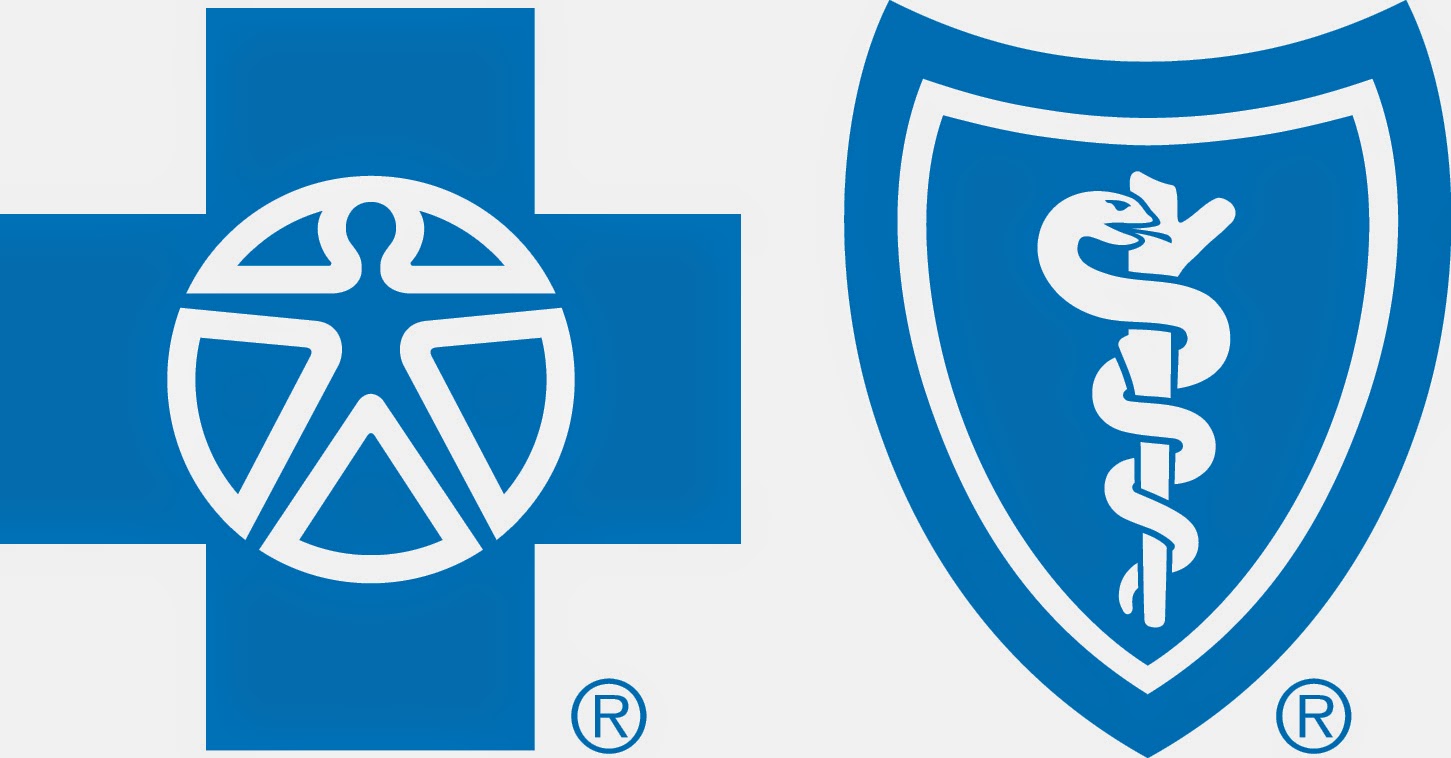Blue Cross to limit opioid scripts to 30-day supply
Blue Cross Blue Shield of Michigan will begin a new policy on Feb. 1 that limits opioid prescriptions to members to 30 days and in some cases five days, according to Blue Cross letters to patients and agents that Crain’s has obtained. Blue Care Network already has the 30-day policy in place.
“This includes new prescriptions and any refills you may have left on a current prescription,” said the Blue Cross letter to patients.
Glen Perry, Blue Cross’ director of pharmacy contracting and sales, confirmed the health insurer has changed its policy on opioids.
Members also who haven’t had a recent prescription filled and are prescribed a short-acting agent will have their initial fill limited to five days, Perry said. Blue Care limits short-acting agents to 15 days and will be moving to a five-day fill limitation.
Perry said a multi-functional workgroup of doctors and pharmacists looked at Blue Cross and Blue Care policies around opioid prescriptions and decided to make some changes to stop proliferation of the drugs.
“We decided after looking at utilization to limit the first fill on short-acting opioids, predominately used for acute pain episodes – minor dental or surgical procedures – to a five-day supply,” Perry said.
Blue Care had a 15-day supply and Blue Cross did not have an initial fill limit. The standard fill for Blue Cross was 90 days, but most prescriptions were for much fewer pills, he said. Some exceptions are allowed for chronic disease patients who require longer supplies, such as those with cancer, Perry said.
The Michigan Blues have informed members that they will still have access to medications, but depending on the type of opioid prescription, the state’s largest insurer said the member may need a new prescription. “We’re also writing to your doctor to notify him or her of this change,” the memo said.
Perry said Blue Care didn’t receive any complaints from members or doctors and Blue Cross doesn’t expect any either.
Doctors, pharmaceutical companies and health insurers have been criticized over the past two years for their roles in enabling the opioid addiction crisis.
Some health insurers have begun already placed limits on opioid prescriptions. For example, Independence Blue Cross in Philadelphia in June limited supplies of opioid drugs to members in its networks to five days for acute pain.
Priority Health rolled out a new opioid prescription policy in August, said Amy Miller, Priority’s director of marketing and corporate communications.
In a Nov. 19 article, James Forshee, M.D., Priority’s chief medical officer, said Priority has eliminated 90-day prescriptions for opioids, limits prescription coverage to 30 days for long-acting opioids, 15 days for short-acting opioids and two prescriptions in a three-month period.
Health Alliance Plan of Michigan also has a 30-day fill limitation, but allows longer refills if medically necessary, an official said. It is reviewing further changes with its providers. For the past four years, HAP has required prior authorization on the most commonly abused prescription opioids and has seen a 50 percent reduction in Oxycontin use with this initiative.
Physicians have taken steps to limit prescriptions after surgeries and ensure patients have true pain and are not doctor shopping. Many providers and first-responders have also been trained to use naloxone opioid overdose kits.
Michigan recently upgraded its Michigan Automated Prescription System to help doctors who prescribe opioids check on doctors and other controlled substance providers are encouraged to use to more accurately track prescription drugs in an effort to combat rising overdose deaths.
Prescription opioids are powerful pain-reducing medications that include prescription oxycodone, Vicodin and Tylenol No. 3. The U.S. Food and Drug Administration announced recently that it will update labeling to help education health plan members and providers about cost and benefits to use.
Opioid prescription use and illegal manufacturing are the main driver of drug overdose deaths nationwide. Michigan ranks 18th in the nation for all overdose deaths while drug-related deaths climbed from 1,553 in 2013 to 1,980 in 2015. Nationally, more than 33,000 people died of overdoses in 2015 and the number of of overdose have quadrupled since 1999, according to the U.S. Centers for Disease Control and Prevention.
In Michigan, 1,365 people died of opioid overdoses in 2016, compared to 884 in 2015 and 426 in 2012, meaning Michigan’s overdose rate has tripled since 2012, said the Michigan Department of Health and Human Services.


